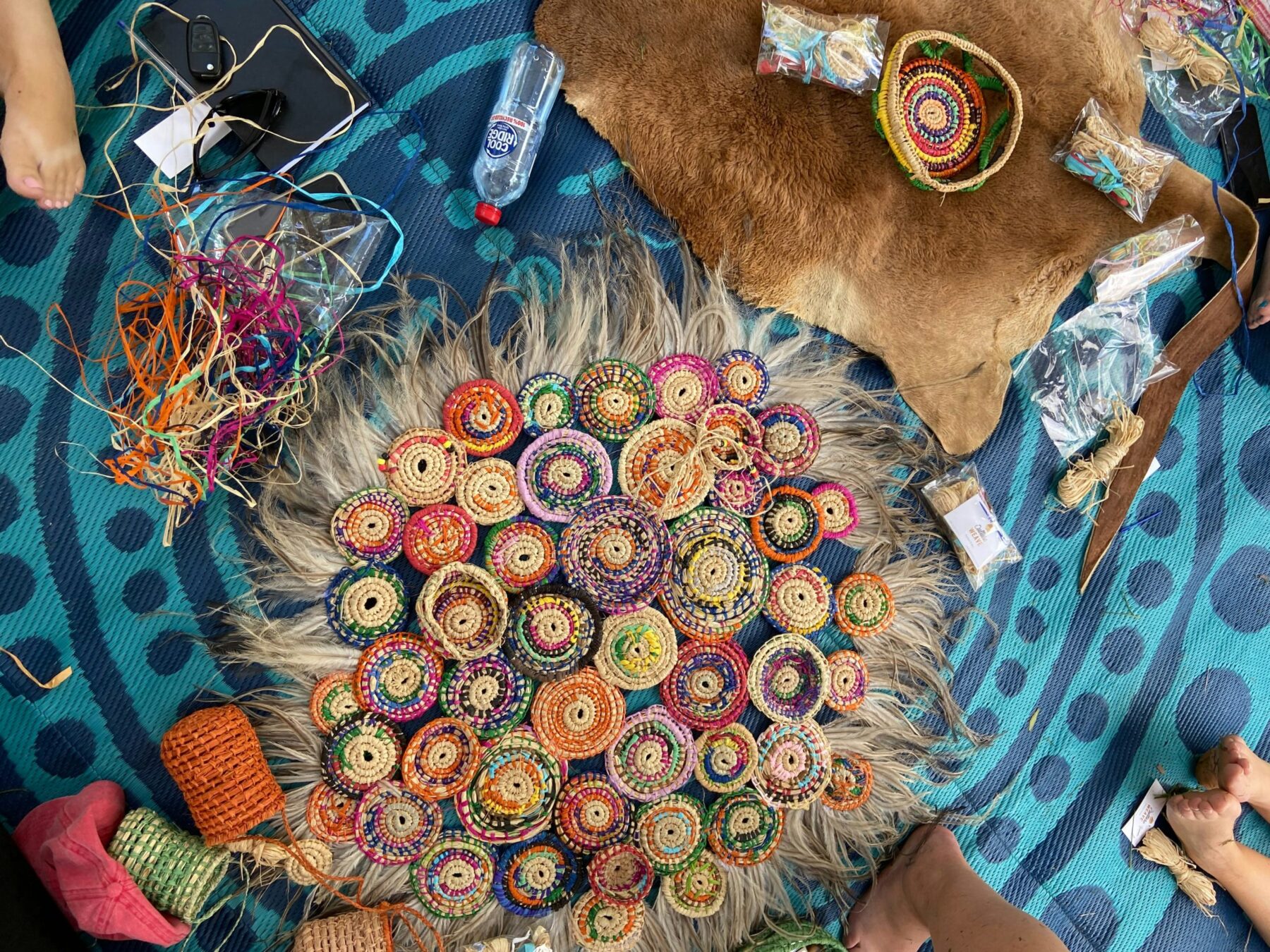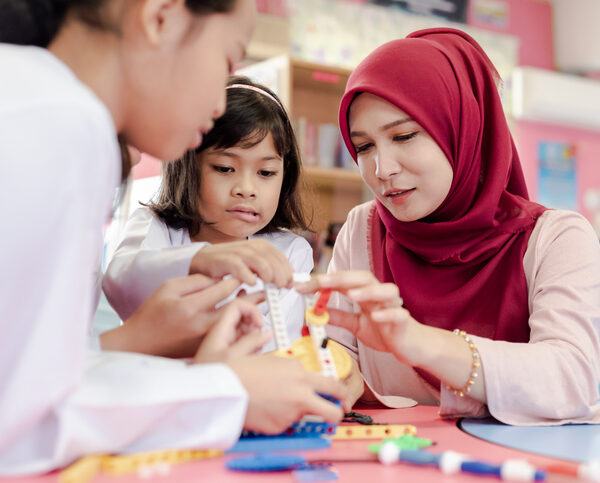Researchers say more help is needed for early childhood educators

Early childhood experts from the University of South Australia have called for more support for early childhood educators to help them deliver positive outcomes for Australia’s most vulnerable children – including migrant and refugee children.
The new research, funded by Salisbury Communities for Children and The Salvation Army found that childcare (sic.) workers and educators in informal creche settings also need training to better support non-English speaking children from migrant and refugee backgrounds.
Informal creche is unregulated and includes paid or unpaid childminding services such as community creches for birth to five-year-old children.
With around 30 per cent of children up to four years of age accessing informal early childhood education, and with more than one in four children speaking more than one language at home, lead researcher Professor Elspeth McInnes said it is important to ensure that these children are not excluded from surging investment in early childhood education.
“All children deserve the best start in life, but migrant and refugee children often find it harder because they come from non-English speaking families and different cultures,” Professor McInnes said.
“When these children enter childcare (sic.), they find it difficult to connect, communicate, and play – not only with carers, but also with their peers – which can delay the development of their social and emotional skills.”
In the study, staff and volunteers at community creches received 16 weeks of on-site professional learning from skilled mentors who modelled social and emotional learning development strategies for non-English speaking children.
While educators were already responsive to children’s emotions, the training provided new ways for them to extend children’s emotional literacies and develop strategies to support migrant and refugee children.
The study found that the professional learning sessions were extremely beneficial, not only for workers who said they were more prepared to support multilingual children, but also from children’s families who said that their children were happier attending care and were more prepared to start at school.
“All children should feel secure and supported as they transition from their parents’ care to childcare, but the need is stronger among those who are more vulnerable,” Professor McInnes said.
“The government’s new support package will help upskill early childhood education and care workers, but it must also embrace providers of short-term community creche care in lower SES areas, where there are higher proportions of refugee and migrant families.
“All carers, educators and volunteers across all childcare services must be properly supported to ensure the best outcomes for developmentally vulnerable children.”
Popular

Policy
Practice
Provider
Quality
NSW Government launches sweeping reforms to improve safety and transparency in early learning
2025-06-30 10:02:40
by Fiona Alston

Quality
Provider
Policy
Practice
WA approved provider fined $45,000 over bush excursion incident
2025-07-01 07:00:01
by Fiona Alston

Workforce
Policy
Quality
Practice
Provider
Research
ECEC must change now, our children can’t wait for another inquiry
2025-07-02 07:47:14
by Fiona Alston













